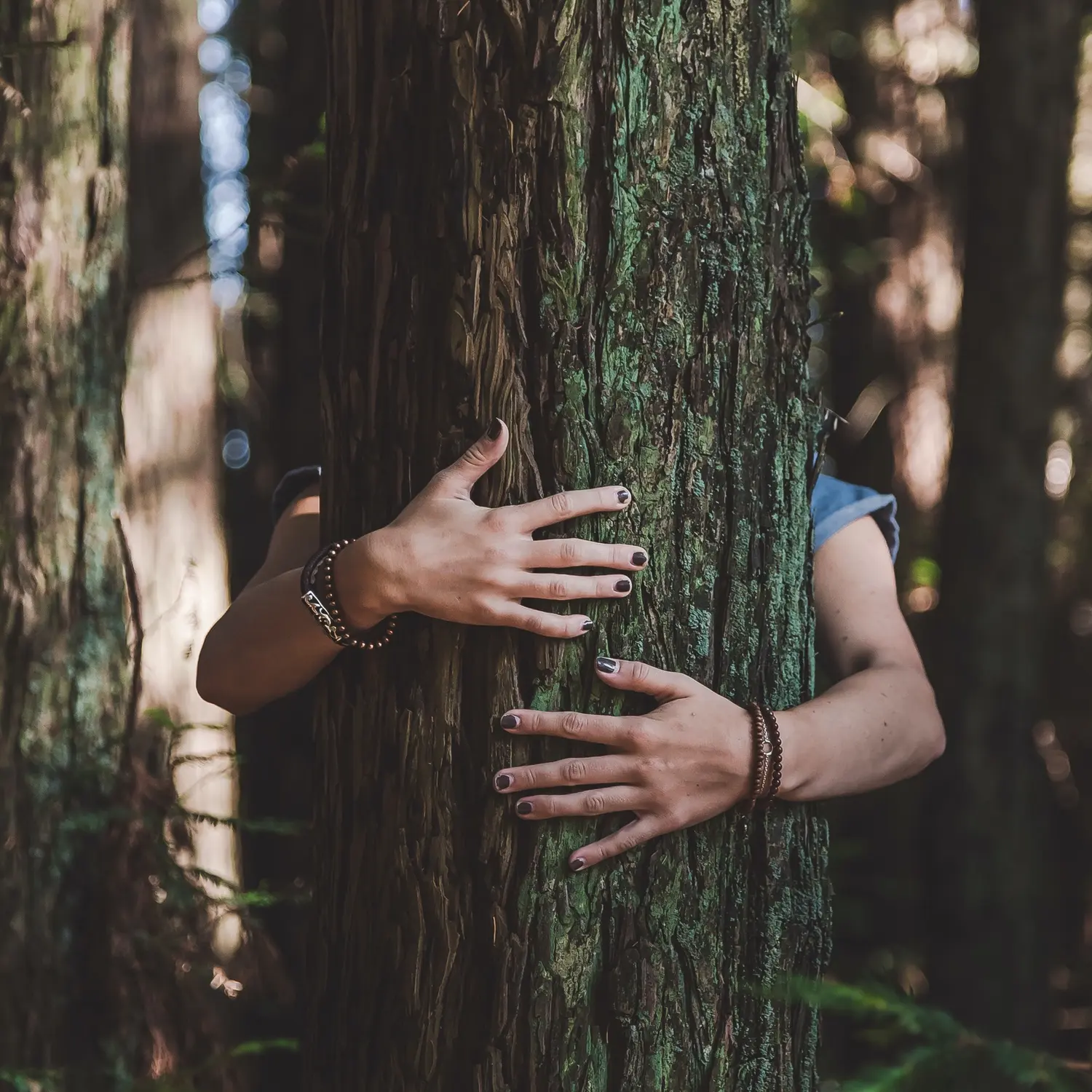This week is Mental Health Awareness Week and the campaign theme this year is all about getting out into nature – something we’re really passionate about here at Co-forest.
All green spaces have been shown to have a positive effect on human mental health, with increasing use of ‘green prescriptions’ by the NHS to help maintain good mental health and wellbeing. However, research has found that forested landscapes are particularly valuable, and yet only 16.2% of people live within walking distance of a woodland.
Studies in recent years have found that people with anxiety spending time in nature experience significantly reduced levels of anxiety, and that a 90 minute walk in the forest could reduce ruminative thinking and increase emotional regulation. As humans we have been connected to natural spaces for thousands of years, whereas our immersion in urban environments is relatively recent, suggesting that the human body instinctively sees natural environments as safer and more relaxing.
Spending time in forests has also been found to support our physical health through boosting our immune systems. Research studying the Japanese practice of ‘Shinrinyoku’, or forest bathing – literally spending time among trees – has found that the phytoncides (essential oils) emitted by trees cause an increase activity in ‘natural killer cells’ in our bodies. Natural killer cells help to kill tumours and fight virus-infected cells, so an increase in their activity helps to keep us healthier.
Tree equity is a real issue – here in Britain and overseas. Access to trees has far-reaching impacts – pregnant women who live closer to trees often have larger, healthier babies, homes nearer to trees are valued higher, and even shops with trees outside their windows sell more products. Yet many communities have few trees and little access to wooded areas. Increasing tree cover, in urban and rural areas, can improve quality of life for people, as well as biodiversity for wildlife.
So – to celebrate Mental Health Awareness Week this year, we hope you can enjoy the beauty of some trees near you. And if you’d like to help us on our mission to increase tree cover in Britain, get in touch – we’d love to hear from you.
Find out more about Mental Health Awareness Week 2021.
References
- Kotera, Y., Richardson, M. & Sheffield, D. Effects of Shinrin-Yoku (Forest Bathing) and Nature Therapy on Mental Health: a Systematic Review and Meta-analysis. Int J Ment Health Addiction (2020). https://doi.org/10.1007/s11469-020-00363-4
- Li, Q. Effect of forest bathing trips on human immune function. Environ Health Prev Med 15, 9–17 (2010). https://doi.org/10.1007/s12199-008-0068-3
